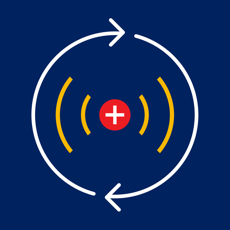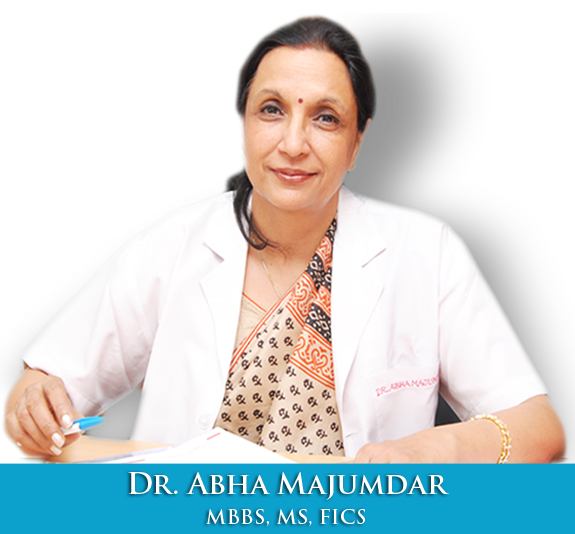Polycystic Ovarian Syndrome (PCOS)
PCOS is the most common endocrine disorder among reproductive-age women. Often associated with obesity, it increases the risk of metabolic problems such as diabetes, hypertension, and lipid abnormalities. PCOS is also a common cause of infertility due to delayed or absent ovulation, leading to irregular and infrequent menstrual cycles.
Young women may experience psychological stress due to symptoms such as excessive facial and body hair (hirsutism), acne, and dark patches on the skin (acanthosis nigricans). Comprehensive care involving medical, cosmetic, and psychological support is essential.
Hypogonadotropic Hypogonadism
This congenital hormonal disorder affects both males and females. In women, it leads to primary amenorrhea (failure to start menstruation), while in men, it results in absent sperm production. The condition is highly treatable with gonadotropin injections, often fully restoring fertility.
Congenital Adrenal Hyperplasia (CAH)
CAH is a birth defect of metabolism that can delay puberty and cause excessive body hair growth. It may also affect salt balance in the body (electrolyte imbalance). Early and accurate diagnosis allows for effective treatment and management.
Hyperprolactinemia
Characterized by elevated levels of prolactin in the blood, this condition may result in irregular menstrual cycles, ovulation problems, and sometimes galactorrhea (milk discharge). It may be linked to pituitary tumors and often requires medical therapy or further evaluation.
Thyroid Disorders and Fertility
Thyroid hormone imbalance—whether hypothyroidism or hyperthyroidism—can disrupt menstrual and ovulatory function. Both can impair fertility, with hyperthyroidism potentially leading to serious pregnancy-related complications if untreated.
Frequently Asked Questions (FAQs)
- What is Polycystic Ovarian Syndrome (PCOS)?
It is a hormonal disorder causing irregular periods, infertility, acne, and excess body hair, often linked with obesity and metabolic risks. - How does PCOS affect fertility?
PCOS can cause delayed or absent ovulation, leading to reduced fertility or infertility. - What is Hypogonadotropic Hypogonadism?
A condition where low hormone levels delay puberty and menstruation, treatable with hormone injections. - What is Congenital Adrenal Hyperplasia (CAH)?
A genetic disorder affecting hormone production, leading to delayed puberty and excess hair growth. - What are the signs of Hyperprolactinemia?
Symptoms include irregular periods, milk discharge from breasts, and fertility issues due to high prolactin. - How does thyroid dysfunction affect fertility?
Thyroid imbalances disrupt ovulation and menstrual regularity, affecting fertility and pregnancy health. - Can thyroid disorders cause menstrual problems?
Yes, both overactive (hyperthyroidism) and underactive (hypothyroidism) thyroid function can cause irregular periods, ovulatory dysfunction, and affect fertility. - Are these hormonal conditions treatable?
Yes. Most endocrine disorders such as PCOS, hypothyroidism, hyperprolactinemia, and CAH can be effectively managed with medication, hormone therapy, and lifestyle changes to improve fertility. - What lifestyle changes help manage PCOS?
Maintaining a healthy weight, following a low-sugar, balanced diet, regular exercise, and stress management can significantly improve symptoms of PCOS and restore ovulation. - When should I see a doctor about menstrual irregularities?
Consult a doctor if you have no period by age 16–17, if periods stop suddenly, are excessively painful, last longer than 7 days, or if you notice unusual hair growth or milk discharge.






